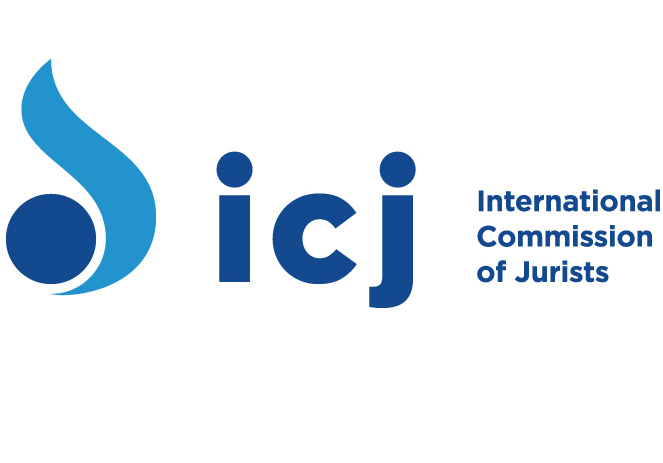
Jul 25, 2013 | News
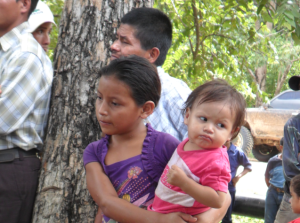 On 16 July, the ICJ addressed a UN panel on the rights of peasants and other people working in rural areas.
On 16 July, the ICJ addressed a UN panel on the rights of peasants and other people working in rural areas.
The panel took place during the first session of the open-ended intergovernmental working group on a UN declaration relating to this issue.
The ICJ made an intervention concerning the issues of poverty, discrimination and human rights violations that a vast majority of persons living and working in rural areas face.
This intervention informed the discussion of the working group on the need to better guarantee and protect the rights of these persons, in the perspective of the possible adoption of a new UN declaration.
Working Group on rights of peasants PANEL II (Full Text in PDF)
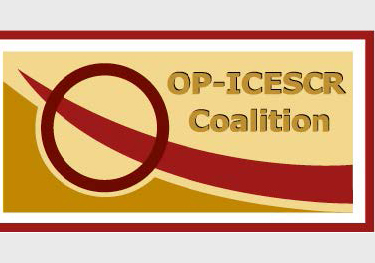
May 3, 2013 | Multimedia items, News, Video clips
The ICJ warmly welcomes the entry into force of the Optional Protocol to the ICESCR that will be effective on Sunday, 5 May, 2013.
As noted in previous statements, the ICJ considers that the entry into force of the new instrument allowing the review of alleged violations of economic, social and cultural rights by a UN Committee will mark an historic boost to the international protection of these rights.
The ICJ and its allies in the International NGO Coalition for the OP-ICESCR look forward to pursuing the dialogue and interaction with the UN Committee on Economic, Social and Cultural Rights and States parties, and aim to contribute at making the new procedures offered an effective tool for victims who could not achieve justice in their domestic justice systems.
Coalition press release in English
Coalition press release in Spanish
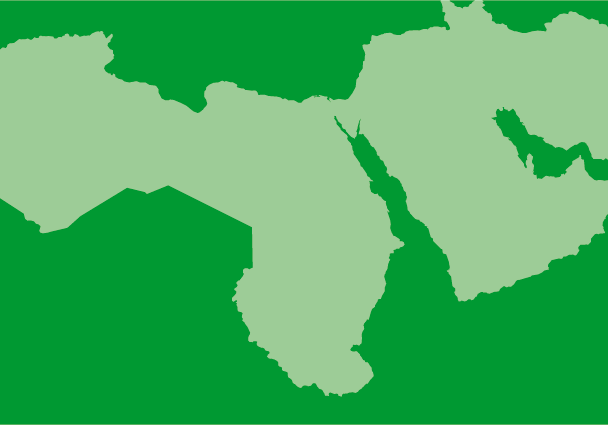
Apr 14, 2013 | News
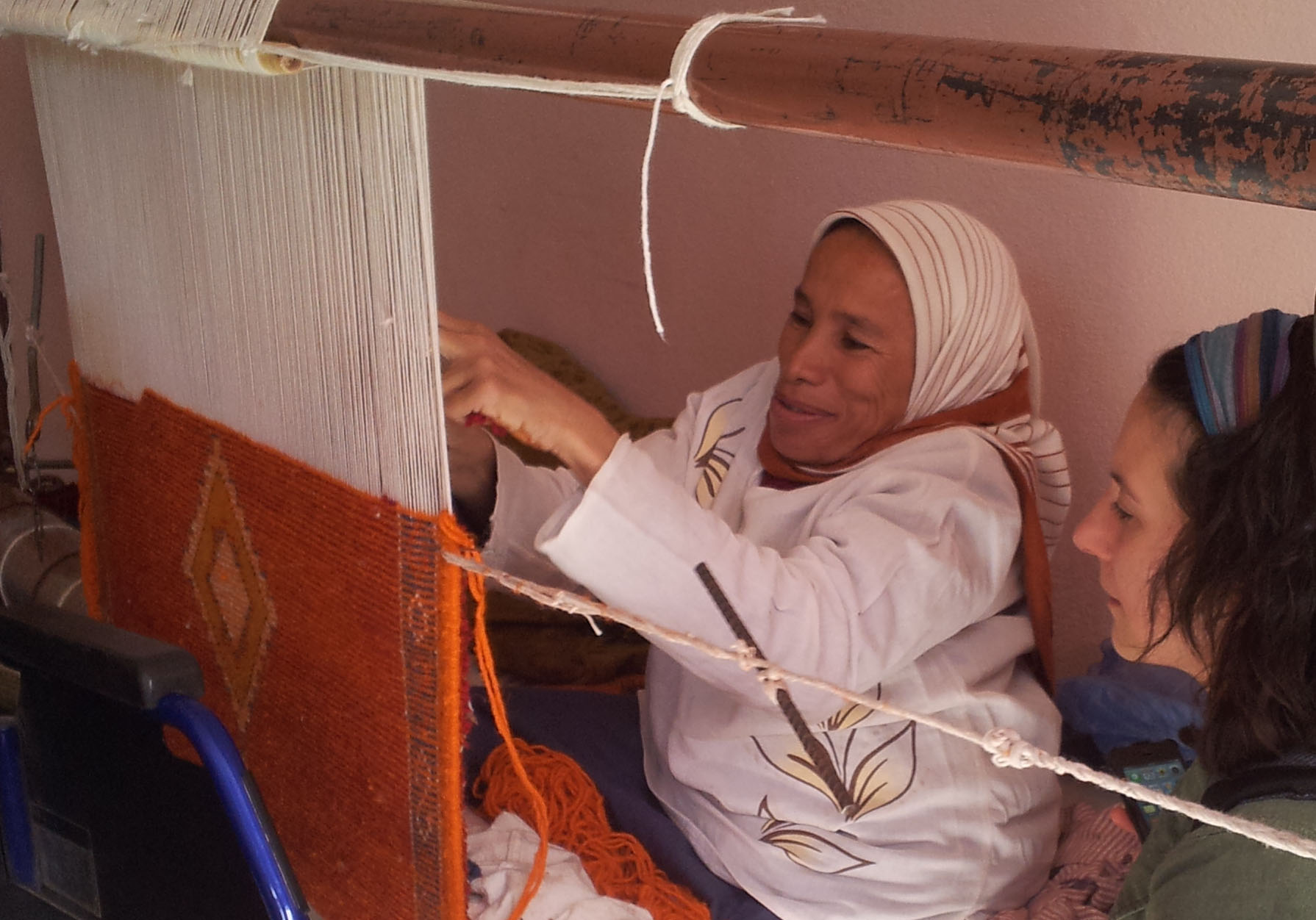 Du 7 au 13 avril 2013, la CIJ a organisé une mission de recherche sur l’accès à la justice pour les victimes de violations des DESC au Maroc.
Du 7 au 13 avril 2013, la CIJ a organisé une mission de recherche sur l’accès à la justice pour les victimes de violations des DESC au Maroc.
Durant la mission, organisée par le Programme sur les droits économiques, sociaux et culturels en collaboration avec le Programme régional Afrique du Nord et Moyen Orient, la CIJ s’est entretenue avec un large éventail d’acteurs impliqués dans la protection des droits économiques, sociaux et culturels, notamment les Présidents des Chambres administrative, civile et sociale de la Cour de Cassation du Royaume du Maroc ; des membres du Conseil National des Droits de l’Homme ; des représentants de syndicats de travailleurs dont l’Union Marocaine du Travail (UMT) et la Confédération Démocratique du Travail (CDT), ainsi que des associations de protection des consommateurs telles que la Fédération Nationale des Associations du Consommateur (FNAC), la section UNICONSO de Casablanca ainsi que l’Association Marocaine de Protection et d’Orientation du Consommateur (AMPOC) à Kenitra.
La CIJ a également rencontré des représentants de la société civile marocaine, y compris l’Union d’Action Féminine (UDF) et l’Association Démocratique des Femmes du Maroc (ADFM) ainsi que des victimes de violations des DESC.
Les entretiens menés durant la mission ont permis d’identifier les avancées mais aussi un nombre d’obstacles tant juridiques que pratiques empêchant un accès efficace à la justice pour les victimes de violations des DESC ainsi que les causes profondes de ces violations.
Les personnes rencontrées ont principalement insisté sur le fait que malgré qu’une nouvelle Constitution progressiste ainsi que de nouvelles lois respectueuses des droits de l’homme aient été adoptées ces dernières années, leur application demeure problématique.
Cette mission a permis de récolter de nombreuses informations qui complèteront celles déjà compilées depuis juillet 2012 par le biais de recherche documentaires et ateliers, et permettront de publier un rapport sur l’accès à la justice pour les violations des DESC au Maroc, qui sera publié au courant de l’année 2013.
Contexte de la mission
Dans le cadre de projets nationaux tels que celui sur le Maroc, le Programme sur les droits économiques, sociaux et culturels de la CIJ vise à contribuer à l’amélioration de la responsabilité pour les violations de droits de l’homme et l’accès à la justice pour tous, notamment les victimes de violations et de menaces à l’encontre des droits économiques, sociaux et culturels.
La CIJ a démarré un processus de recherches au niveau national afin d’identifier les obstacles et les possibilités pour l’accès à la justice, ainsi qu’un processus de consultations et de collaborations avec ses partenaires locaux afin de déterminer des stratégies pouvant remédier aux manquements identifiés.
Selon les besoins identifiés, la CIJ appuiera la mise en œuvre de recommandations et interviendra à travers des actions telles des formations et des contributions juridiques.

Apr 8, 2013 | News
On 5 April, Vietnam’s Hai Phong court sentenced Doan Van Vuon and three of his male relatives to imprisonment sentences ranging from two to five years, for attempted murder. The ICJ condemns this decision.
Mr. Doan’s wife and sister-in-law received suspended sentences in the form of 18 and 15 months respectively for resisting persons in the performance of their official duties.
Vuon, along with his brothers Doan Van Quy and Doan Van Sinh, as well as Sinh’s son Doan Van Ve, were initially arrested on 5 January 2012 for injuring four policemen and two soldiers with homemade weapons when more than 100 security forces tried to forcibly evict them from their fish farm in a district approximately 90 kilometres from Hanoi.
The four men had remained in detention for more than a year waiting for the commencement of last week’s trial.
Under Article 9(3) of the International Covenant on Civil and Political Rights, which Vietnam is a signatory to, states that “anyone arrested or detained on a criminal charge shall be brought promptly before a judge…and be entitled to trial within a reasonable time or to release”.
“Pre-trial detention should only be used in criminal proceedings as a last resort, and for the shortest possible time period, when required to meet the needs of justice,” said Emerlynne Gil, ICJ’s International Legal Advisor for Southeast Asia in Bangkok. “The prolonged period of detention in this case is detrimental as it could possibly have violated the defendants’ presumption of innocence and due process.”
During the trial, it was concerning to note that all the judges involved in the case were members of the ruling Vietnamese Communist Party and were carrying out their judicial duties under the central government’s directions.
Article 14 of the ICCPR further guarantees that a person is “entitled to a fair and public hearing by a competent, independent and impartial tribunal established by law”.
“Vietnam’s blatant disregard of the right to fair trial violates not only their international law obligations, but also the proper administration of justice in a criminal proceeding,” said Emerlynne Gil.
The ICJ also observed that the court’s judgment failed to incorporate the fact that the defendants had acted in such a manner only as an attempt to defend and protect their land, which was legitimately given to them by the Vietnamese government in 1993.
The right to receive a reasoned judgment is an inherent principle in safeguarding fair trial rights and it is the general rule that court rulings must include the essential findings, evidence and legal reasoning.
“The failure to adhere to the minimum international fair trial standards reveals Vietnam’s serious lack of commitment towards upholding the rule of law and protecting human rights in the country; a violation most certainly not in line with the profile of a country wishing to obtain a seat at the UN Human Rights Council 2014-2016 tenure,” Gil added.
In the event of an appeal, the ICJ calls that the Vietnamese Court of Appeal be consistent with the international basic judicial guarantees and the principles of independence, impartiality and competency.
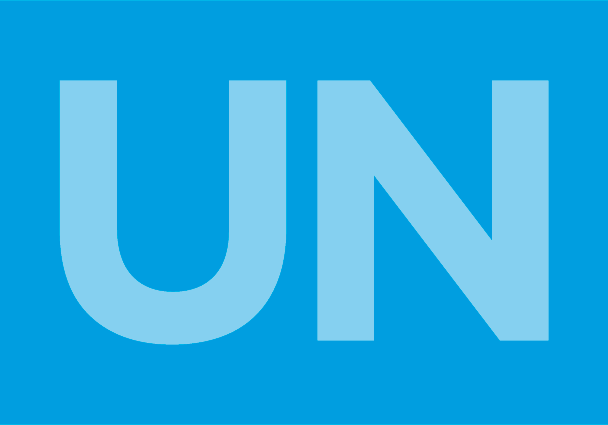
Mar 22, 2013 | News
The ICJ, the World Organisation Against Torture (OMCT) and Geneva for Human Rights are encouraged by steps taken by Taiwan to review compliance with human rights and urge further steps towards the realization of rights on the ground.
Due to the fact that the territory of Taiwan is not recognized by the international community as a sovereign State, Taiwan is not a member of the United Nations.
As such, the UN HUman Rights Committee and Committee on Economic, Social and Cultural Rights have been unable to review Taiwan’s implementation of the International Covenant on Civil and Political Rights and the International Covenant on Economic, Social and Cultural Rights, in respect of which Taiwan has enacted incorporating legislation.
Notwithstanding this position, the Government of Taiwan has facilitated a parallel review by independent experts of implementation of these instruments.
This review was conducted on 25-27 February 2013, leading to the adoption by the independent experts of concluding observations and recommendations.
The ICJ, OMCT and Geneva for Human Rights are encouraged by the steps taken.
They urge the Government of Taiwan to undertake prompt and effective steps towards implementation of the recommendations of the independent experts by means that involve a constructive dialogue with civil society, including as this pertains to the abolition of the death penalty.
They also call on the Government to take similar steps for incorporation of human rights standards set out in other universal treaties, including the Convention against Torture.
Taiwan-ICCPR-ICESCR-Conclusions-IndependentExperts-2013 (download concluding observations of the independent experts)

 On 16 July, the ICJ addressed a UN panel on the rights of peasants and other people working in rural areas.
On 16 July, the ICJ addressed a UN panel on the rights of peasants and other people working in rural areas.







